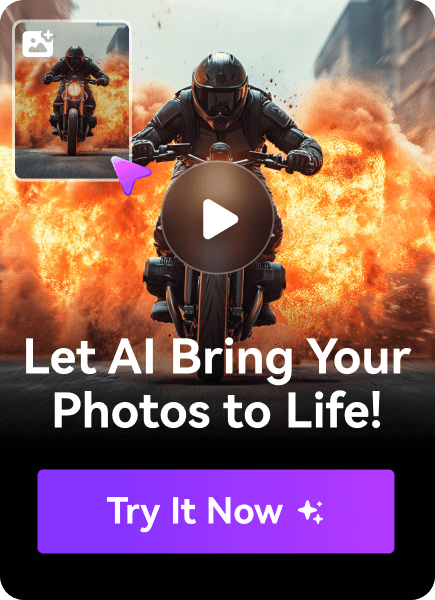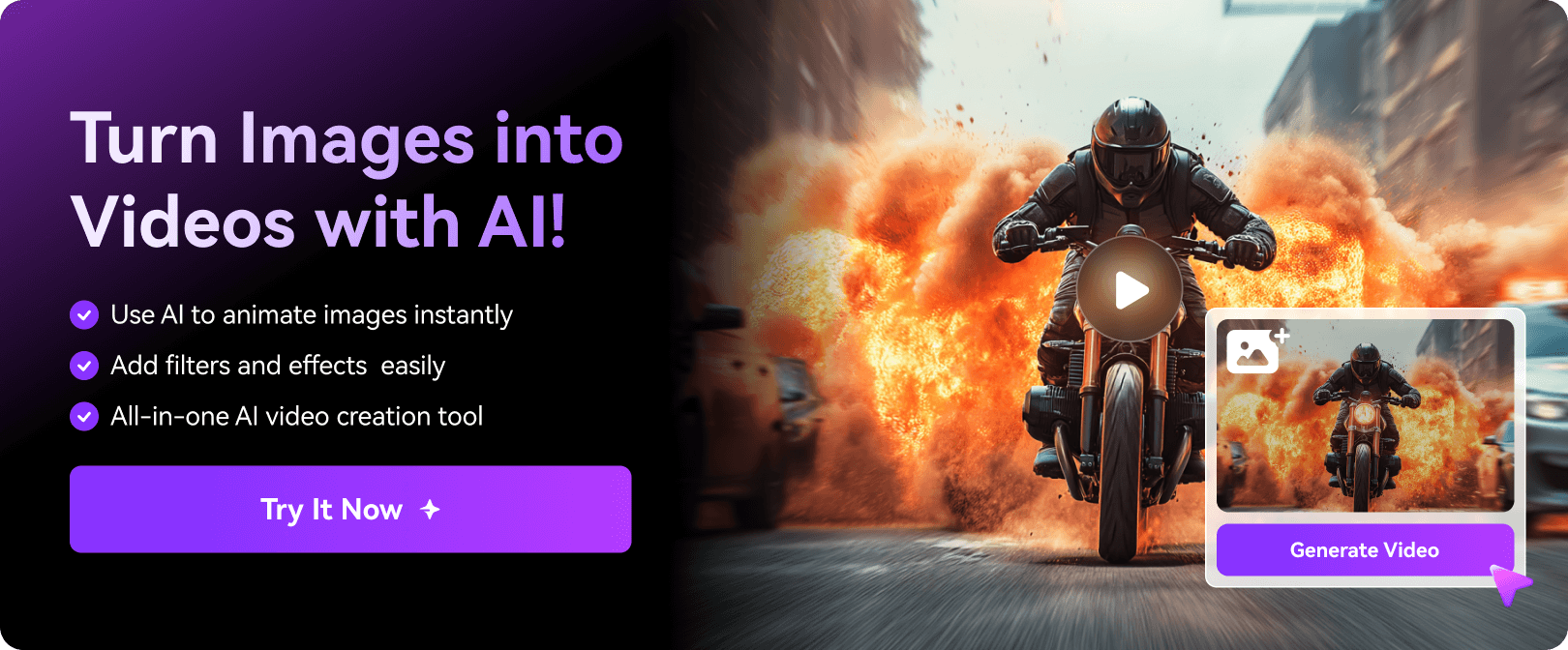In today’s competitive landscape, a solid marketing strategy is vital for business success. Strategic digital marketing helps businesses align efforts with measurable goals. A well-executed digital marketing strategy engages audiences and boosts visibility, while website marketing strategies and internet marketing strategies optimize online interactions. A strong digital brand strategy ensures consistent messaging, building trust and loyalty across all platforms.
In this article
- What Is a Marketing Strategy?
- Benefits of Strategic Digital Marketing
- Types of Digital Marketing Strategies
- How to Create a Digital Marketing Strategy: Step-by-Step
- Examples of Successful Marketing Strategies
- Advanced Strategies for Digital Brand Strategy
- Bonus: How Virbo Can Elevate Your Marketing Strategy
Part 1. Why Marketing Strategies Matter?
A clear marketing strategy is vital for effective resource allocation. Digital marketing tools like SEO, social media, and content marketing improve visibility and align efforts with goals. A strong digital brand strategy ensures consistency, driving growth and trust across platforms.
Part 2. What Is a Marketing Strategy?
A marketing strategy is a plan to achieve business goals by promoting products effectively. It includes audience targeting, brand positioning, and choosing the right channels, like digital platforms or traditional media. The difference between traditional and digital marketing strategies lies in using offline methods like print versus online tools like social media and SEO, working together for impactful results.
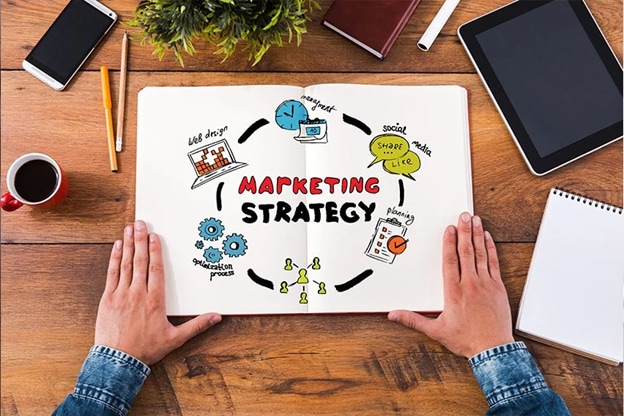
Part 3. Benefits of Strategic Digital Marketing
Strategic digital marketing helps businesses connect with their audience and boost conversions. By optimizing their online presence, companies run targeted campaigns that deliver measurable results, driving brand loyalty and growth.
- A clear digital marketing strategy ensures focused efforts and measurable results, aligning business goals with targeted actions.
- Strategic digital marketing helps increase brand visibility, driving more traffic and engagement across digital channels.
- An optimized website marketing strategy improves user experience, leading to higher conversions and better customer retention.
- A well-executed digital content marketing strategy builds trust and strengthens relationships with the audience through valuable content.
- These strategies collectively boost ROI, foster brand loyalty, and drive long-term growth and success.
Part 4. Types of Digital Marketing Strategies
Digital marketing strategies enhance online presence and engage customers. Website marketing improves user experience and conversions, while internet marketing boosts visibility through social media and search engines, strengthening the brand.

- Content Marketing Strategy: Create engaging blogs, videos, and infographics to build trust and drive traffic, as demonstrated by HubSpot’s inbound marketing approach that generates leads.
- Social Media Marketing Strategy: Use platforms like Instagram, Facebook, and LinkedIn for storytelling and influencer collaborations. Example: Nike’s impactful campaigns.
- Email Marketing Strategy: Personalize content to nurture leads and drive conversions, like Netflix’s tailored email recommendations.
- SEO Strategy: Optimize website content to improve search rankings and organic traffic, as seen with Moz’s keyword-driven growth.
- PPC Strategy: Use paid ads to drive immediate sales, targeting specific keywords, as demonstrated by Amazon’s Google Shopping campaigns.
- Affiliate Marketing Strategy: Partner with affiliates to promote products and earn commissions, boosting traffic and sales, like Amazon Associates.
Part 5. How to Create a Digital Marketing Strategy: Step-by-Step
A digital marketing strategy leverages SEO, content marketing, and social media to target audiences, drive conversions, and align business goals with measurable growth.
- Step 1: Define Your Objectives
Set specific goals for your digital brand strategy, such as increasing conversions or boosting engagement, to guide your marketing efforts.
- Step 2: Analyze Internal and External Factors
Conduct internal audits and use PESTEL, SWOT, or Data Product Canvas for a comprehensive analysis. Based on that report, create an effective internet marketing strategy, ensuring it adapts to both internal and external factors.
- Step 3: Understand Your Audience
Gain insights into audience behavior and preferences to tailor your digital content marketing strategy and engage effectively with your target market.
- Step 4: Craft Your Unique Value Proposition (UVP)
Develop a strong unique value proposition that differentiates your brand and communicates your key strengths to your audience.
- Step 5: Choose Marketing Channels
Select the best digital channels (social media, SEO, PPC) to reach your audience and align with your business objectives for optimal results.
- Step 6: Design Campaigns and Messaging
Create targeted campaigns with messaging that aligns with your digital brand strategy, ensuring clarity and consistency across all platforms.
Part 6. Examples of Successful Marketing Strategies
Successful marketing strategies effectively connect brands with their target audiences, driving engagement, loyalty, and sales through innovative and personalized approaches. By leveraging data and creativity, these strategies foster long-term relationships and maximize ROI.
- Starbucks:Starbucks drives customer engagement and loyalty through its mobile app, rewards, and creative campaigns on Instagram and TikTok. By blending digital tools with innovative content, it enhances brand visibility and strengthens customer connections.
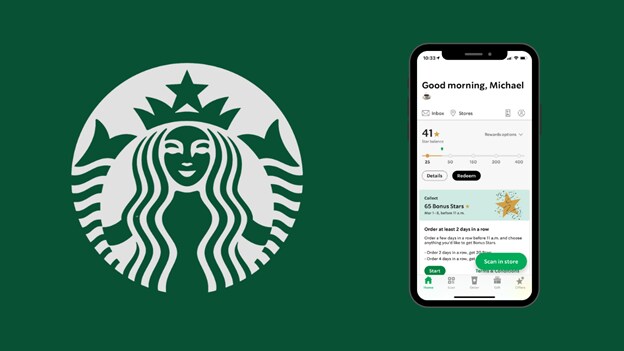
- Coca-Cola: Coca-Cola’s "Share a Coke" campaign personalizes bottles with names, fostering emotional connections and boosting sales.

- Spotify: Spotify’s “Wrapped” campaign shares personalized listening data, boosting engagement and generating social media buzz.
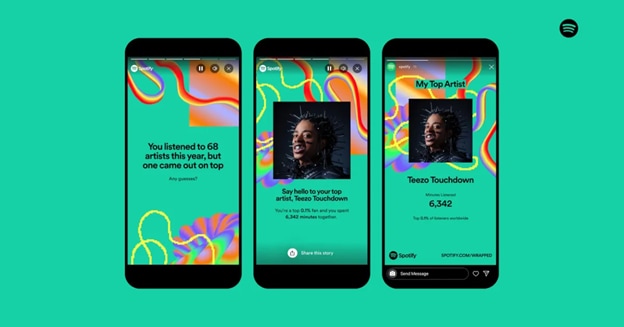
- Airbnb: Airbnb boosts engagement and trust by sharing user stories through blogs, videos, and user-generated content on platforms like Instagram and YouTube.
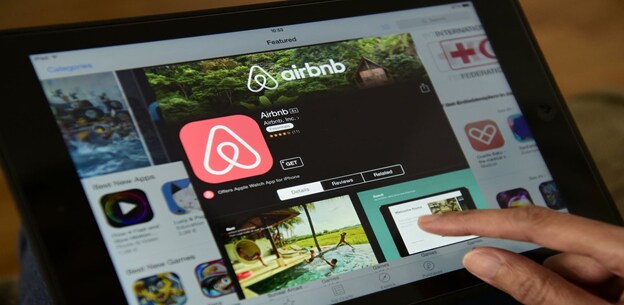
- Tesla: Tesla builds loyalty through community engagement and word-of-mouth, leveraging social media and influencers to generate buzz without traditional advertising.

Part 7. Advanced Strategies for Digital Brand Strategy
Advanced strategies for digital brand strategy leverage innovation and personalization to create impactful, data-driven experiences that resonate with audiences across channels.
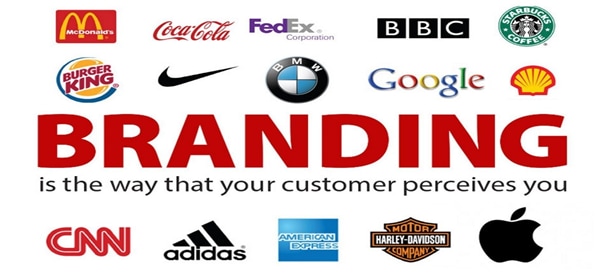
- Omnichannel Marketing: Omnichannel marketing ensures a consistent brand experience across both digital and physical channels. For example, Sephora blends online and in-store shopping, offering customers seamless service and rewards wherever they shop.
- Data-Driven Marketing: Data-driven marketing uses analytics to personalize experiences in real-time. Amazon excels by tailoring product recommendations based on customer data, boosting sales.
- Interactive Content: Interactive content, like quizzes and polls, boosts audience engagement and sharing. BuzzFeed's viral quizzes are a prime example, captivating users and driving both interaction and brand awareness.
Part 8. Bonus: How Virbo Can Elevate Your Marketing Strategy
Virbo elevates marketing strategies with AI-driven tools that deliver engaging, cost-effective, and consistent content for impactful campaigns. Its innovative features streamline content creation, saving time while maximizing reach.
Key features
- Custom AI Avatars: Design virtual influencers to represent your brand in engaging campaigns. These avatars can be fully customized to align with your brand’s identity. They help build stronger connections with modern, tech-savvy audiences, enhancing brand relatability.
- Video Content Creation: Utilize AI tools to create high-quality, interactive, and shoppable videos. These videos are designed to captivate and retain viewers' attention. By personalizing the content, you can boost conversion rates and ensure a more engaging viewer experience.
- Brand Consistency: Achieve consistent messaging across all platforms with avatar-driven storytelling. This method ensures your brand’s voice is unified and clear, building stronger customer trust. A cohesive brand presence reinforces loyalty and brand identity over time.
- Cost Efficiency: Reduce production costs while still delivering professional-quality content. AI-driven tools optimize the content creation process, cutting down on time and resources. This efficiency allows you to stretch your marketing budget while maintaining high-quality outputs.
- Enhanced Engagement: Leverage AI to create innovative, attention-grabbing content. By analyzing audience data, AI personalizes content to resonate deeply with viewers. This results in higher interaction and more effective audience engagement across digital platforms.
Here are three steps to create a video using Virbo Wondershare:
Step1Select a Template or Start from Scratch
Open Wondershare Virbo and explore templates for various video styles or start from scratch. Select layouts tailored for promos, tutorials, or social media content to fit your project needs.
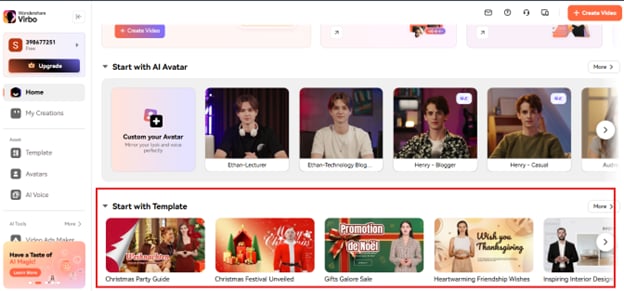
Start Online For Free
Step2Edit and Customize Your Video
Add elements like text, music, animations, and transitions to your video. Insert images, clips, or testimonials, and adjust pacing and style using editing tools to refine the video.
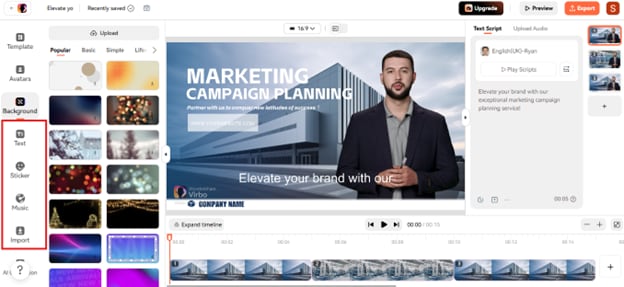
Step3Export and Optimize for Platforms
Once your video is ready, export it in the appropriate format for your target platform (YouTube, Instagram, or website). You can adjust the resolution, aspect ratio, and size to ensure it meets platform requirements and reaches your audience effectively.
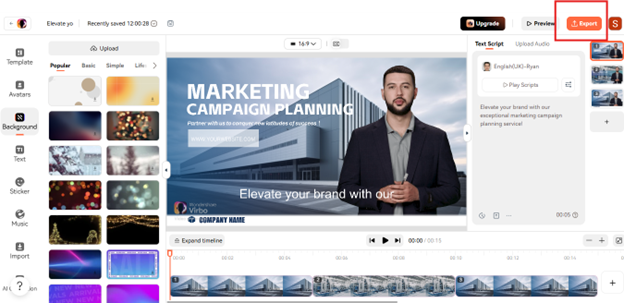
Start Online For Free
These three steps will help you create a video using Virbo Wondershare quickly and effectively.
Conclusion: Turning Strategies into Success
A well-crafted digital marketing strategy is essential for businesses to thrive in today’s competitive landscape. By leveraging tools like social media, content marketing, and SEO, companies can effectively target their audience and boost engagement. Combining creative approaches with analytics ensures campaigns remain impactful and measurable. An effective digital brand strategy strengthens customer trust, driving loyalty and long-term growth. Ultimately, strategic digital marketing fosters meaningful connections and delivers sustainable success.
FAQs
-
What are the most effective digital marketing strategies?
SEO enhances visibility, content marketing builds trust, social media drives engagement, and email marketing nurtures leads, making these strategies highly effective for achieving business goals.
-
How can I measure the success of my digital campaigns?
Measure success using KPIs like website traffic, conversion rates, and customer engagement. Additionally, ROI analysis helps assess the financial impact of your campaigns.
-
Can AI tools like Virbo enhance my digital marketing efforts?
Yes, AI tools like Virbo help streamline content creation, improve audience engagement, and maintain consistent brand messaging, making your marketing efforts more efficient and impactful.
-
How is a digital brand strategy different from traditional marketing?
Digital strategies prioritize online platforms, real-time audience interactions, and data-driven personalization, while traditional marketing often relies on offline channels and mass messaging.
-
What’s an example of a successful website marketing strategy?
A/B testing improves landing pages by analyzing user preferences, optimizing layouts, and enhancing user experiences, leading to higher engagement and conversion rates.


